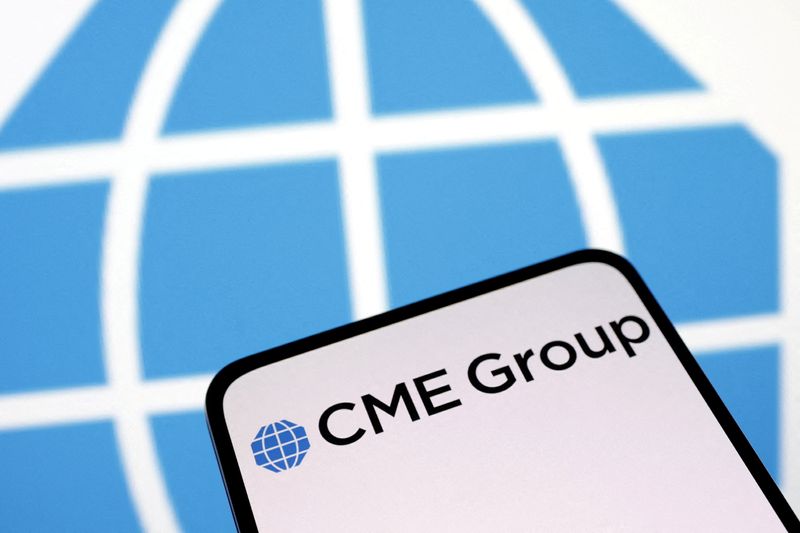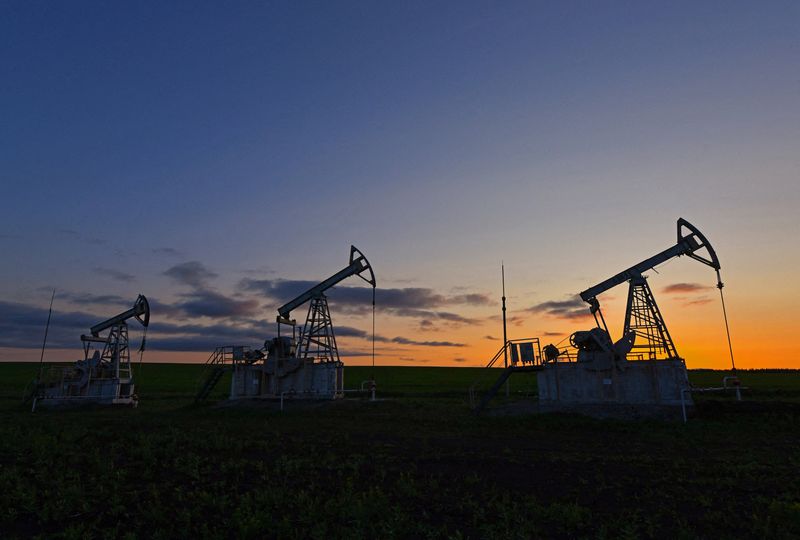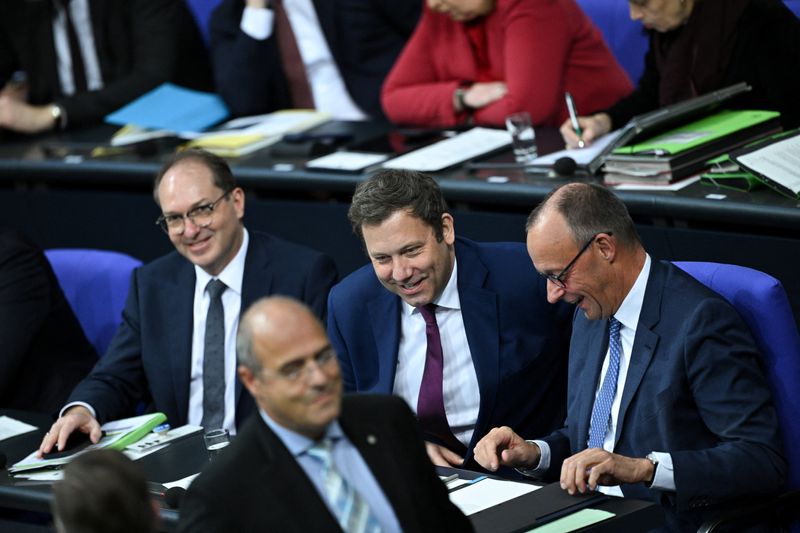German inflation rises more than expected to 2.6% in November
NeutralFinancial Markets

- German inflation rose unexpectedly to 2.6% in November, surpassing analysts' forecasts and indicating persistent price pressures in the economy. This increase reflects ongoing challenges in managing inflation, despite previous efforts to stabilize prices.
- The rise in inflation is significant as it may influence monetary policy decisions by the European Central Bank, potentially affecting interest rates and economic growth strategies. Investors and consumers alike will be closely monitoring these developments for their implications on spending and investment.
- This inflationary trend in Germany occurs alongside varied economic sentiments across Europe, with some regions experiencing improved consumer confidence and business sentiment. The contrasting inflationary pressures highlight the complexities of the current economic landscape, as different countries navigate their unique challenges amid a recovering global economy.
— via World Pulse Now AI Editorial System





